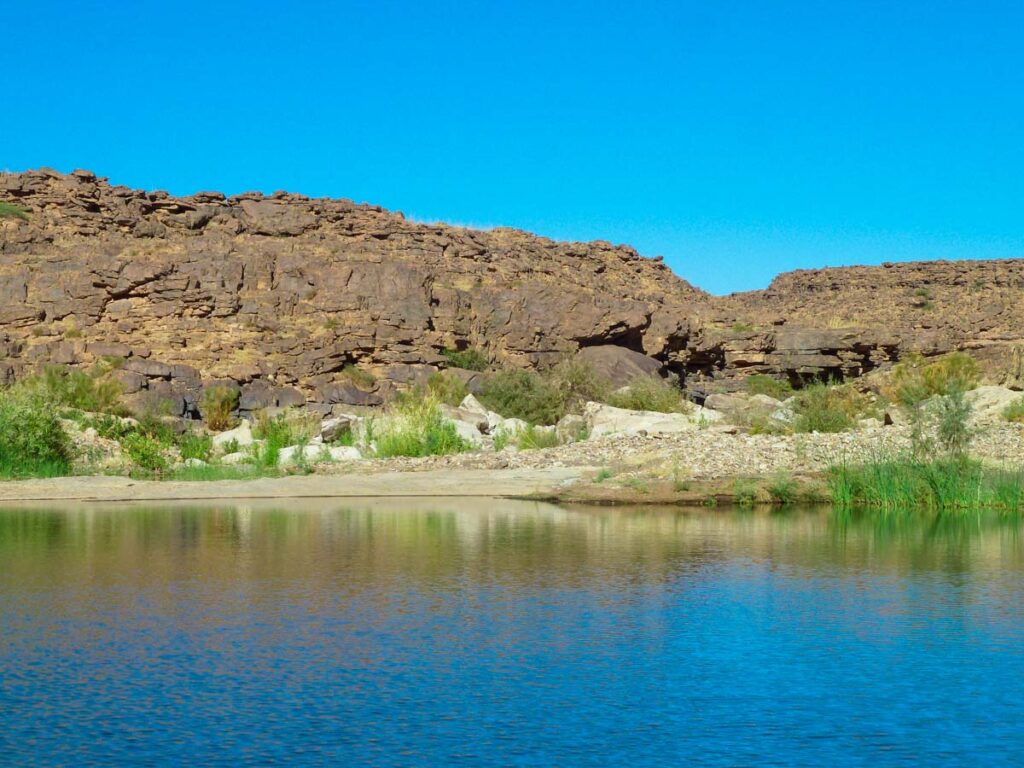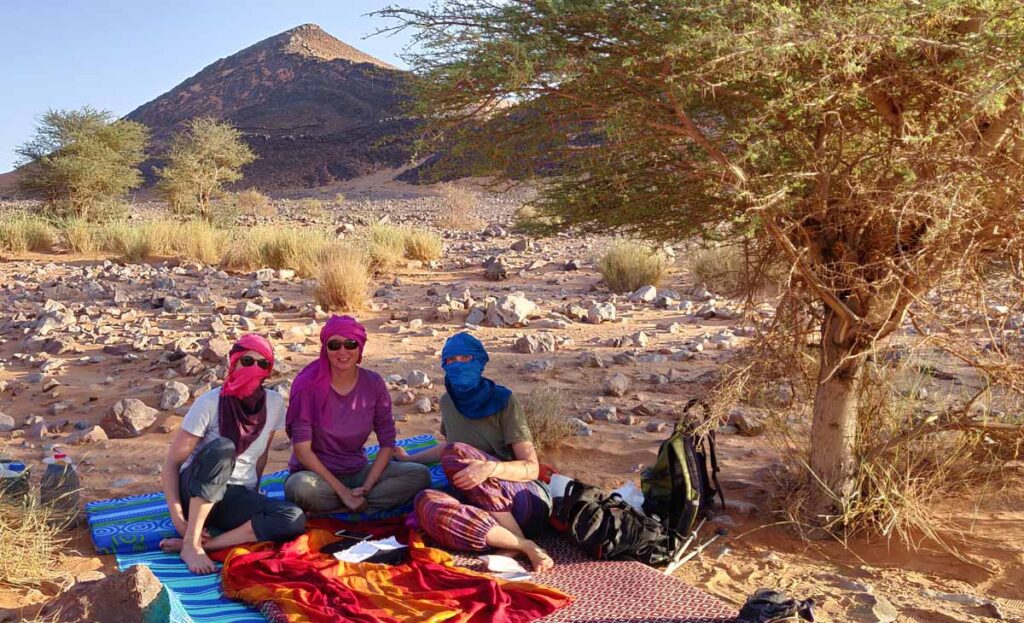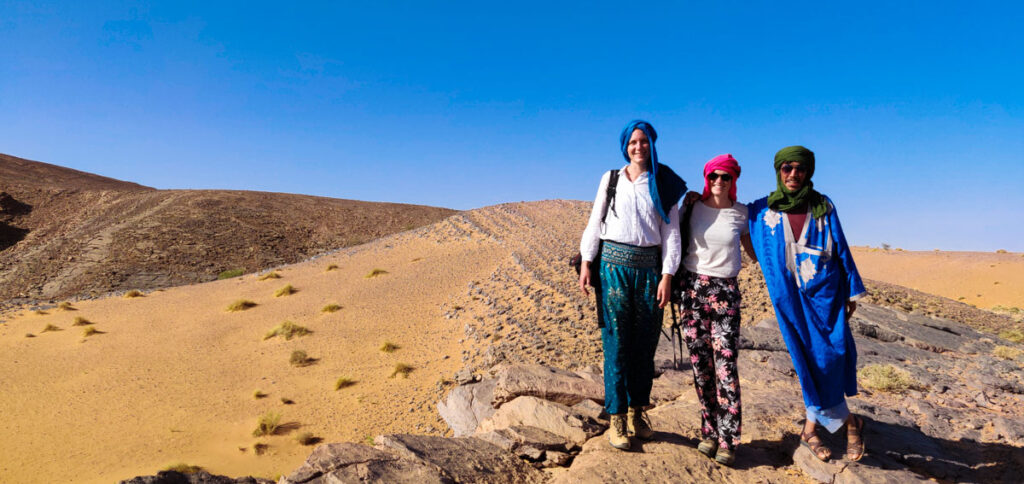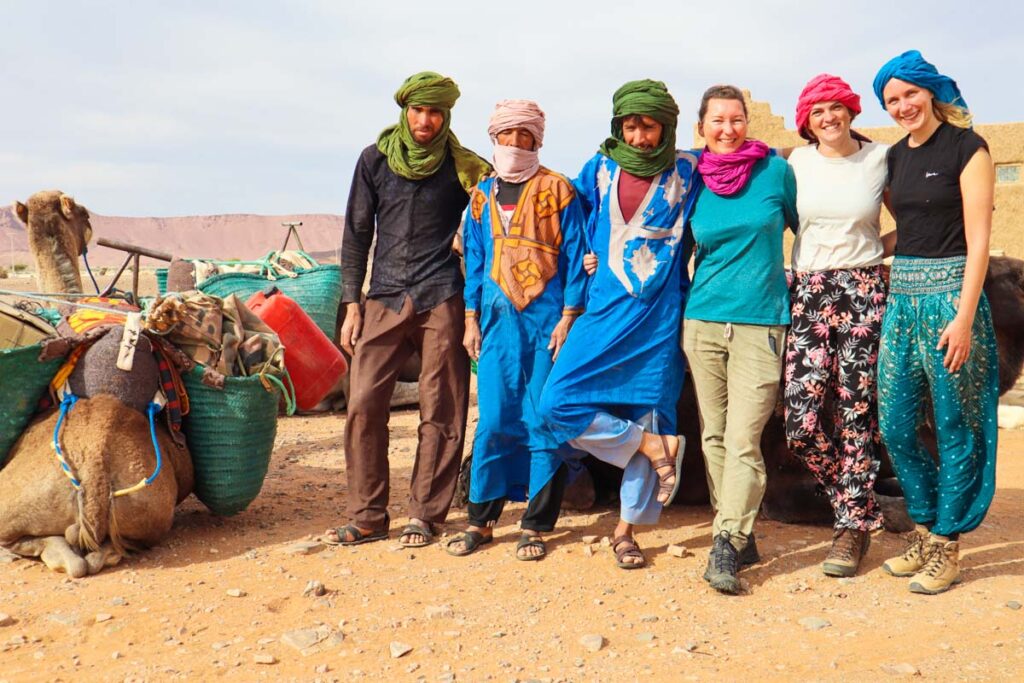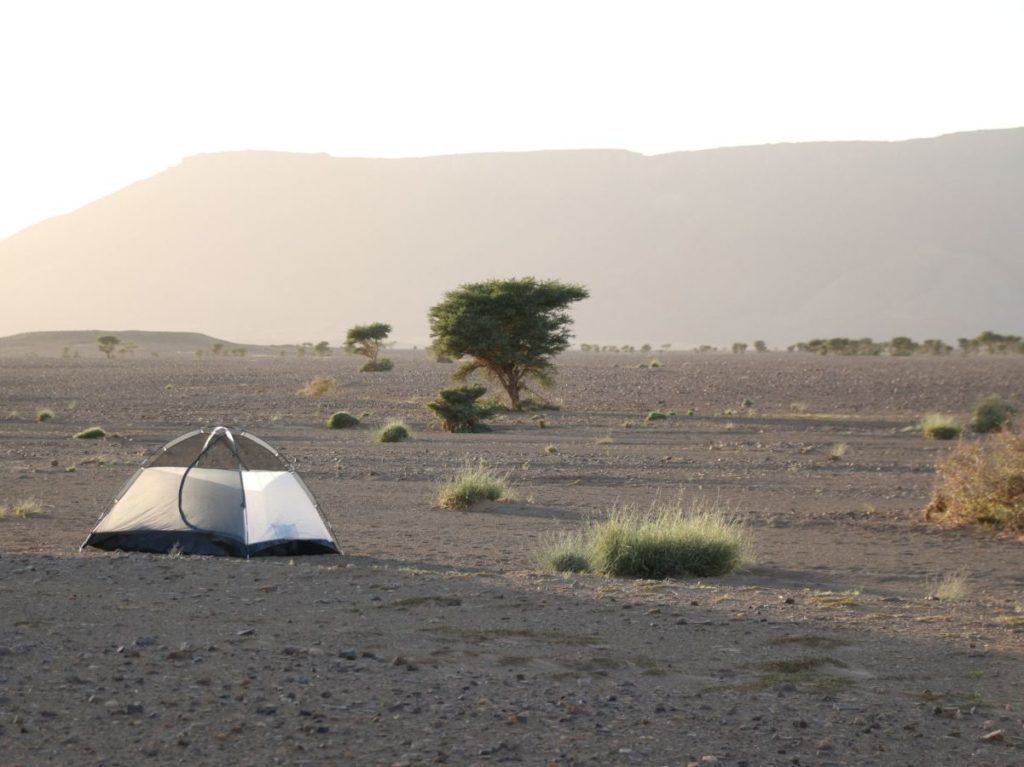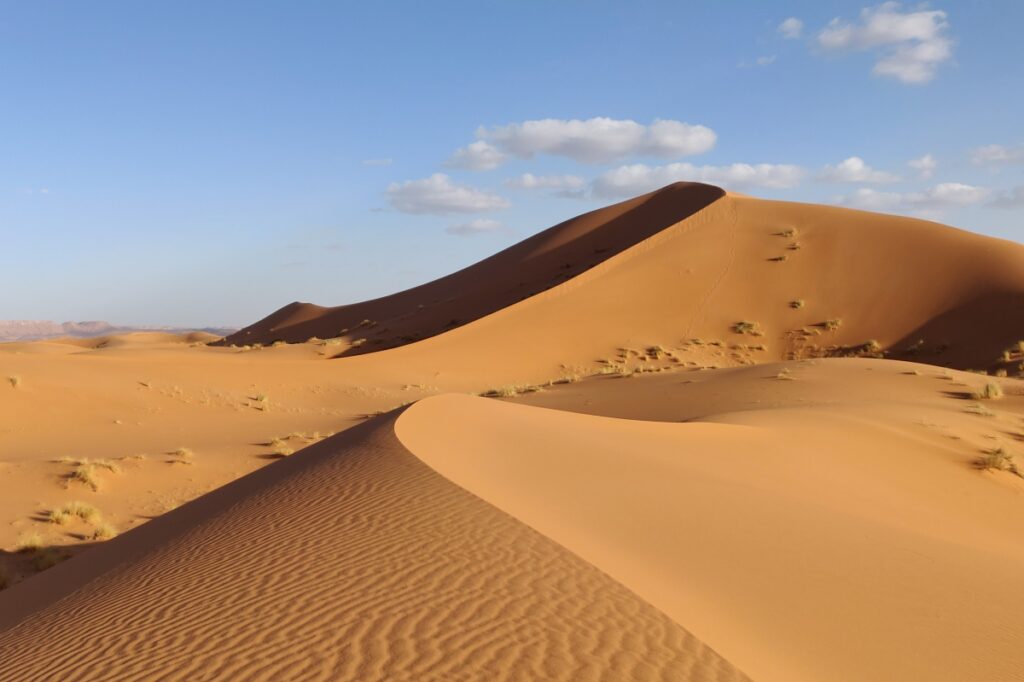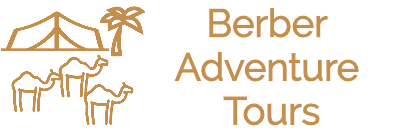FAQs
What happens after I book
We will need you full name, a deposit of 25% of the total trip cost to confirm your booking. The rest of the payment is due 1 month before the trip.
Once we receive the deposit, we will send you an information package with a detailed packing list, a guide to tipping your crew, and if applicable, information on the hotels you will be staying in.
How do I get to the starting point of the trek
Depending on which tour you have booked, you will be picked up in Marrakech, or you will have to make your own way to Merzouga or Zagora. There are several options for this. The Supratours bus runs from Marrakech to Zagora and Merzouga and from Fez to Merzouga. CTM travels from Marrakech to Zagora. Recently, Ryanair started offering flights from Marrakech to Errachidia twice a week, and with RAM there is an (almost) daily flight from Casablanca to Errachidia. From there you can continue by taxi or we can organise a transfer.
What will the temperatures be like
In times of climate change, this question is hard to answer. We hope for daytime temperatures between 25-30°C in October and March, 20-25 in November and February, and 15-20 in December and January. Nightime temperature can drop close to freezing point in the winter months.
Fitness levels
For our level 2 and 2-3 hikes you should generally be an active person. The terrain varies with sand, rocky flats and some smaller mountains. We will hike between 4-6 hours per day with 1 or 2 breaks.
Our level 3 hikes differ from level 2 mostly on duration, so you should have a good condition and some experience with multi-day hikes. It can also take some mental strenght to be out of reach with limited ressources for longer periods.
What kind of equipment do I need
We will send you a detailed packing list after booking. But generally we recommend good hiking shoes, sleeping bag, hiking poles (great to reduce swelling of the hands), long-sleeved/long-legged lightweight clothing and sun protection.
What kind of people hike with BAT
Our hikes attract active people with an adventurous spirit of all ages. People who like to be in nature and don’t mind basic amenities. The desert offers wide open spaces, so our trips are great for people who normally travel individually or alone, as there is plenty of opportunity to hike away from the others and enjoy your solitude.
Who will guide the tour
If available, Hassan and/or I will hike with you. If we are already busy during your preferred dates, you will be guided by a trusted guide from the area your are hiking in.
The rest of the crew is made up by our camel men and a cook.
Can I extend my trip
Yes! You can check our Add-ons here. We can also customize an extension to your wishes.
Do I need a visa
That depends on the country you are coming from. Most European countries as well as the US have a 90 days visa exemption. So you will just get a stamp on arrival and departure.
Do I need special immunizations
No. The regular immunizations most countries recommend are enough. If you are into cuddling the street dogs and cats you might want to consider rabies shots though.
Do I need insurance
We strongly recommend getting a good travel health insurance at least. Not necessarily for our trip, but for travelling in Morocco, and generally. Make sure it covers repatriation in case of severe problems so you can be treated at home.
Also consider getting travel insurance that covers you incase you get sick/injured right before the trip and you have to cancel.
What about snakes and scorpions
Snakes and scorpions are very rare and mostly active in the summer months. It is still advisable to wear shoes (or at least flipflops) at all times when in the sand. And be cautious when overturning rocks, as scorpions might hide under them.
How do you go to the bathroom
On our hikes we don’t bring along a toilet, so you will have to use the big one. Small business is easy, just hide behind a dune or bush. For big business, dig a hole first and later cover with sand or earth or rocks. We collect all toilet paper in plastic bags to dispose of properly when we’re back in the city.


